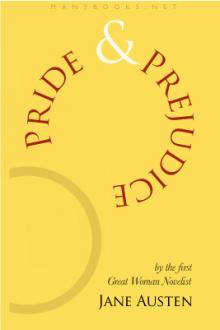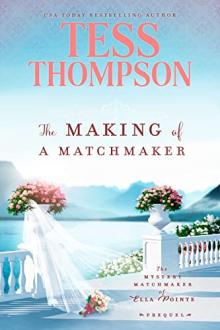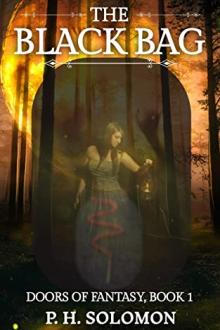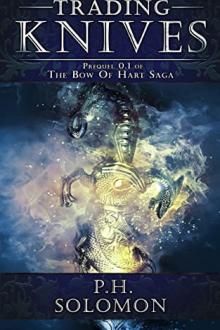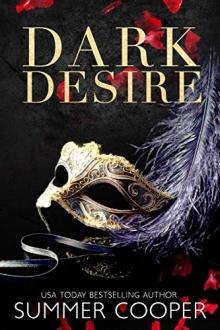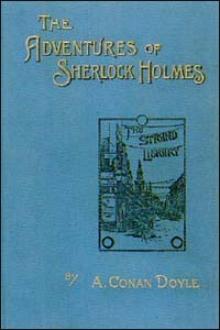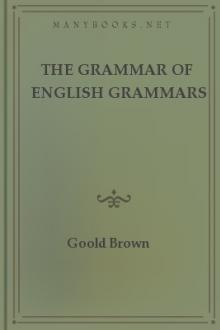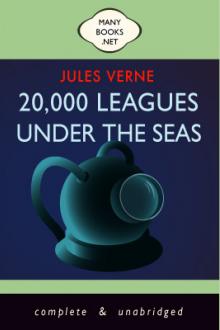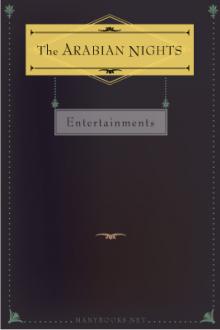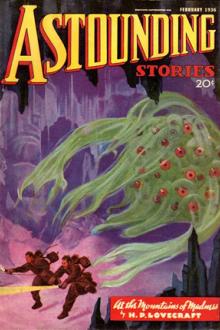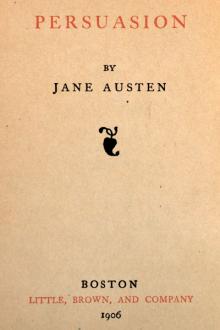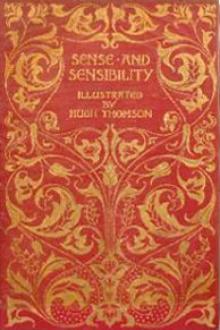Pride and Prejudice
Pride and Prejudice
Austen's finest comedy of manners portrays life in the genteel rural society of the early 1800s, and tells of the initial misunderstandings (and mutual enlightenment) between lively and quick witted Elizabeth Bennet and the haughty Mr. Darcy.
Book Excerpt
Bennet," as she entered the room, "we have had a most delightful evening, a most excellent ball. I wish you had been there. Jane was so admired, nothing could be like it. Everybody said how well she looked; and Mr. Bingley thought her quite beautiful, and danced with her twice! Only think of that, my dear; he actually danced with her twice! and she was the only creature in the room that he asked a second time. First of all, he asked Miss Lucas. I was so vexed to see him stand up with her! But, however, he did not admire her at all; indeed, nobody can, you know; and he seemed quite struck with Jane as she was going down the dance. So he inquired who she was, and got introduced, and asked her for the two next. Then the two third he danced with Miss King, and the two fourth with Maria Lucas, and the two fifth with Jane again, and the two sixth with Lizzy, and the Boulanger--"
"If he had had any compassion for me," cried her husband impatiently, "he would not have danced half so
Editor's choice
(view all)Popular books in Fiction and Literature, Harvard Classics, Romance
Readers reviews
4.6
LoginSign up
Sweet romantic love.
- Upvote (3)
- Downvote (0)
Pride and Prejudice is a little bit longer book but it wont let you get bored. I love this book.
09/17/2020
Wonderful book!
09/14/2020
Love this book
07/02/2020
Loved the read, a true classic!
06/16/2020
Great classic book of Austen.
04/27/2020
It is the first time I read in English ,which is wonderful experience.enjoyed a lot
11/05/2018
Great Read! A true classic.
10/17/2018
Reading "Pride and Prejudice" a short while after "Cecilia," the Fanny Burney novel that inspired the title, I'm struck by how much funnier Burney's novel is. Austen's subtle irony at the expense of her society and its views of gender roles provides humor, but Burney's pungent satire is hilarious. Austen's characters are annoying; it's easy to become frustrated with them. Elizabeth, for all her supposed intelligence, appears to think about little except men and her family, and her main superiority over the similar sensibilities of her mother and youngest sisters is that she does so less publicly. It cannot be said her taste or discernment are notably greater than theirs, given her partiality, at first, for the undeserving Wickham. She doesn't see through him; she has to be shown. She comes to appreciate Darcy, true, but so does her mother. I don't know — maybe it's just that I've read this novel so many times and it's lost its freshness for me.
05/02/2016
One of the best books ever.
08/19/2015
